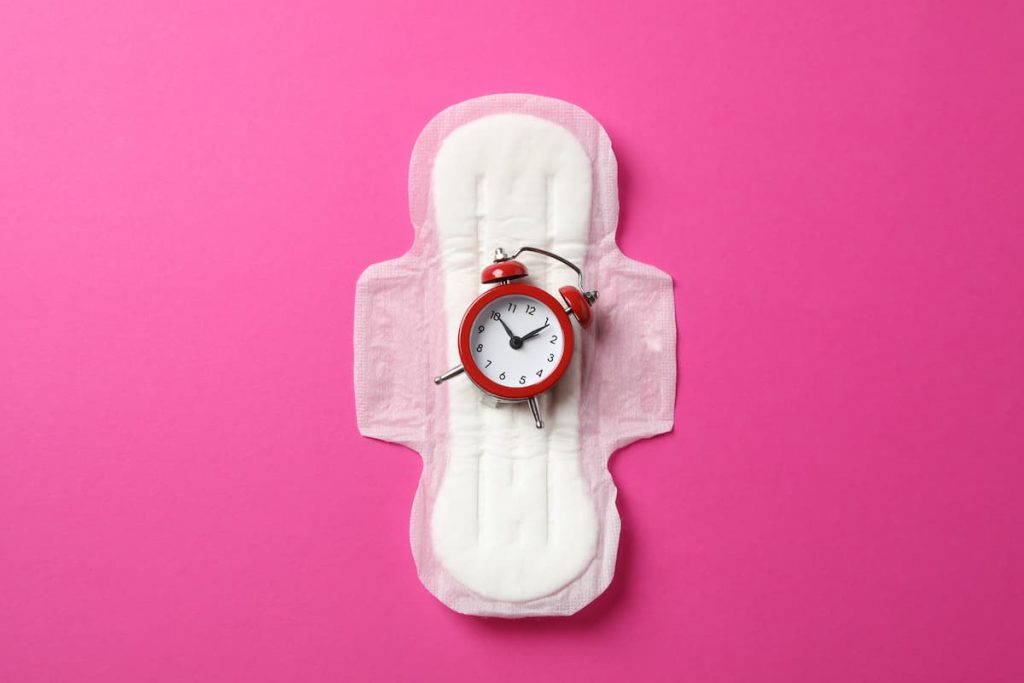4 Ways To Effectively Cope With Premenstrual Syndrome

Premenstrual syndrome (PMS) is a group of symptoms that occur in the days and weeks before a woman’s period. PMS can cause a variety of physical and emotional symptoms, including fatigue, bloating, irritability, and cravings. While PMS is a normal part of a woman’s menstrual cycle, it can be a debilitating condition for some women.
There are a number of effective ways to cope with premenstrual syndrome. These include lifestyle changes, such as exercise and diet modification, as well as over-the-counter and prescription medications.
If you’re struggling with premenstrual syndrome, talk to your doctor about the best treatment options for you. In the meantime, try these four coping methods to help ease your symptoms.
1. Exercise
Regular exercise can help reduce PMS symptoms by promoting the release of endorphins, the body’s natural mood boosters. Aim for at least 30 minutes of moderate exercises, such as brisk walking, jogging, or cycling, most days of the week.
2. Dietary changes
Making changes to your diet can also help ease PMS symptoms. Avoid caffeine, alcohol, and sugary foods, which can increase anxiety and irritability. Instead, eat a balanced diet rich in fruits, vegetables, whole grains, and lean protein sources.
3. Relaxation techniques
Practicing relaxation techniques, such as deep breathing, yoga, or meditation, can help reduce stress and anxiety associated with PMS. Taking a warm bath, reading a book, or listening to soothing music can also help you relax.
4. Medications
Over-the-counter pain relievers, such as ibuprofen or naproxen, can help alleviate cramps and headaches. Prescription medications, such as hormonal birth control or antidepressants, may also be recommended by your doctor to help regulate your hormones and improve your mood.
Do you know your PMS schedule? Are you searching for an OB/GYN to connect with? Visit our contact page to book an appointment. Women’s health is who we are and we are here to help you.



